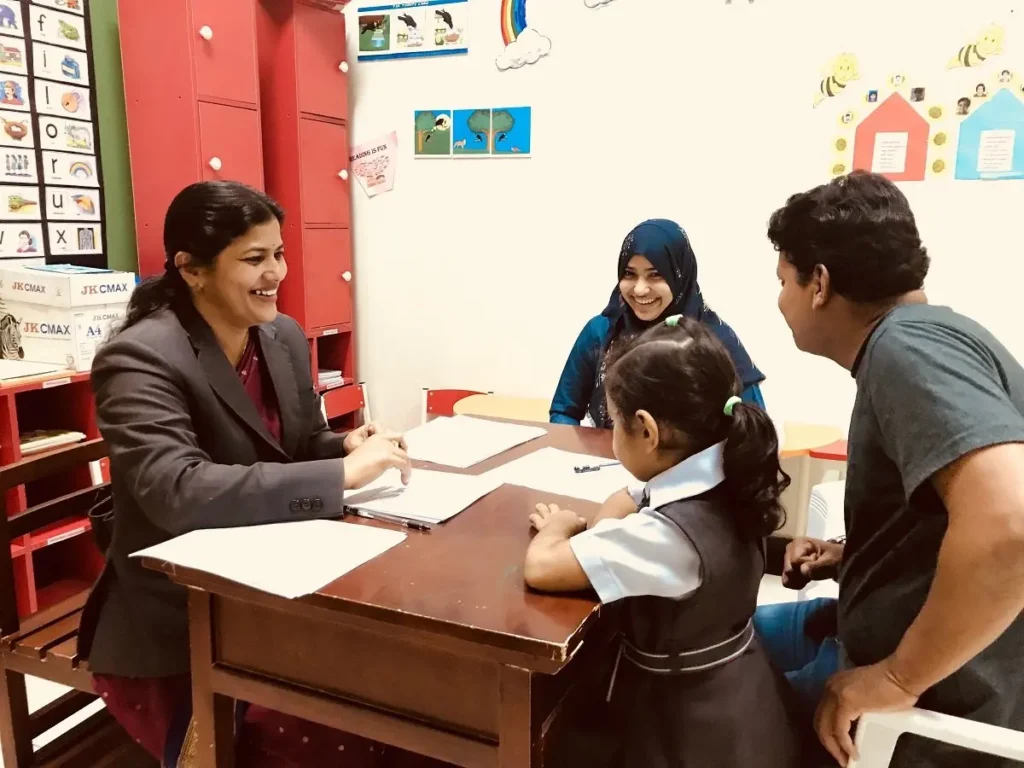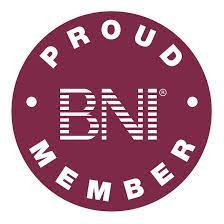Effective communication between parents and teachers is essential for the success of Indian schools. It is crucial for both parties to have a clear understanding of the student’s progress, strengths, and areas for improvement. Here are some tools and strategies for enhancing parent-teacher communication in Indian schools.
- Parent-Teacher Meetings: Regular parent-teacher meetings can provide a forum for parents and teachers to discuss the student’s progress, behavior, and areas for improvement. Meetings can be conducted in person or online, depending on the school’s resources and the parents’ preferences.
- Class Newsletters: Class newsletters can keep parents informed about the activities and events taking place in the classroom. They can also provide updates on homework, assignments, and projects.
- Online Portals: Online portals can provide parents with access to their child’s grades, attendance, and other important information. These portals can also facilitate communication between parents and teachers through messaging and email.
- Social Media: Social media platforms like Facebook and Twitter can be used to communicate with parents about school news, events, and updates. Teachers can use social media to post pictures and videos of classroom activities, homework assignments, and projects.
- Mobile Apps: Mobile apps can provide parents with real-time updates on their child’s progress, homework, and assignments. They can also facilitate communication between parents and teachers through messaging and email.
- Parent-Teacher Associations (PTAs): PTAs can provide a forum for parents and teachers to work together to improve the school environment and the student’s academic success. PTAs can organize events, fundraisers, and other activities to support the school and the students.
- Personalized Communication: Personalized communication can help teachers and parents build strong relationships. Teachers can personalize communication by addressing the student’s strengths, weaknesses, and interests. Personalized communication can also help teachers to address any concerns that parents may have about their child’s progress.
- Language Translation Services: Language translation services can help to bridge the communication gap between teachers and parents who speak different languages. Indian schools can provide translation services for parents who speak regional languages or dialects.
- Feedback Surveys: Feedback surveys can provide valuable insights into the effectiveness of parent-teacher communication. Surveys can be used to gather feedback on the quality of communication, the effectiveness of communication tools, and the areas for improvement.
In conclusion, effective communication between parents and teachers is crucial for the success of Indian schools. By utilizing tools such as parent-teacher meetings, class newsletters, online portals, social media, mobile apps, PTAs, personalized communication, language translation services, and feedback surveys, schools can enhance communication and build a strong relationship between parents and teachers. With improved communication, parents and teachers can work together to support the student’s academic success and create a positive learning environment.
Read more such articles here







